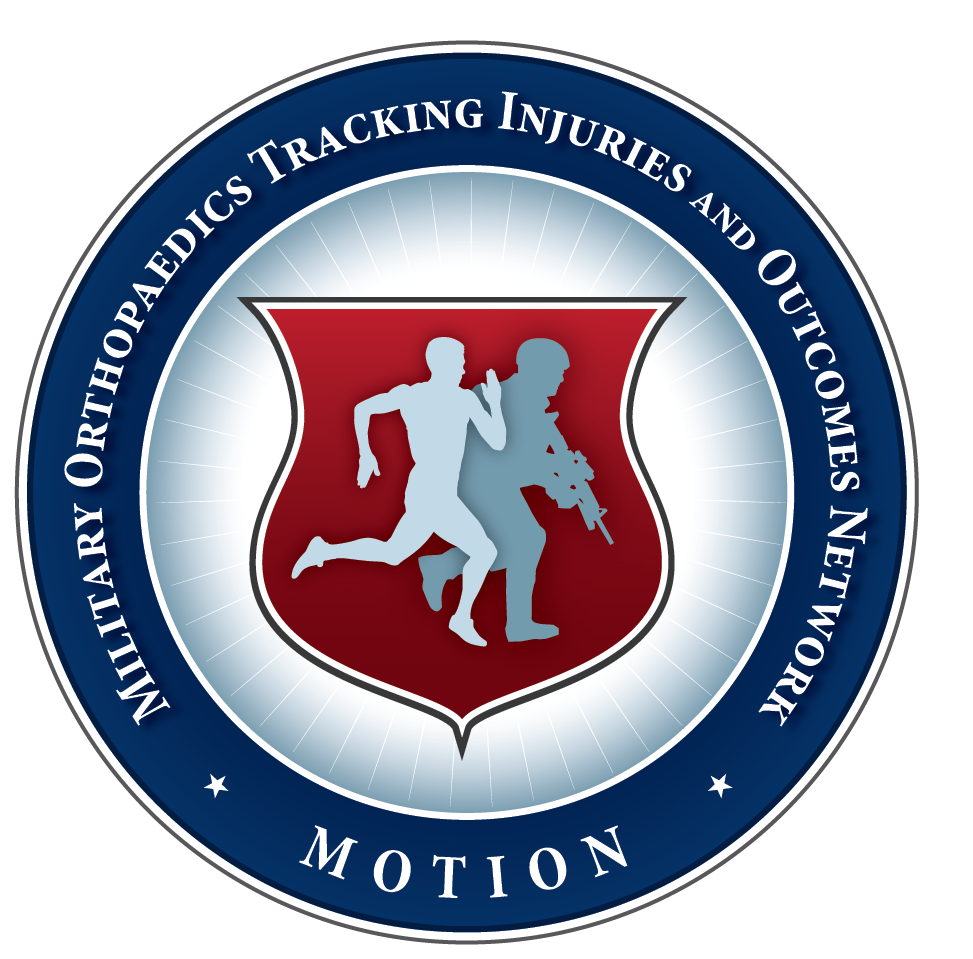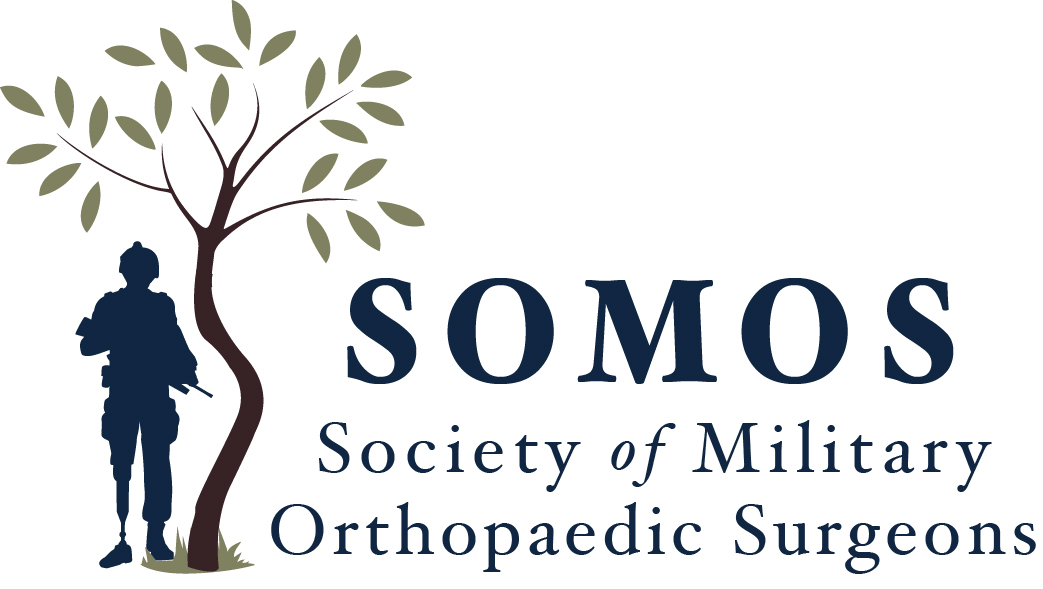
CURRENT PATIENT REPORTED OUTCOME MEASURES (PATIENT ASSESMENTS)
Patient reported outcome data will be collected electronically (completed at site visit or at home) via the HIPAA-compliant/IA approved web-based platform. All patient reported outcome data will be considered standard of care at the discretion of the treating provider. Patient reported outcome data for patients undergoing surgery for MSKI will be recorded at the following time points: pre-operative visit, 6 weeks post-operatively (post-op), 6, 12 and 24 months post-op and 5, 10, 15 and 20 years post-op.
All patients will complete the following questionnaires at each time point:
- MOTION Assessments:
- Deployability/readiness questions
- Are you an active duty service member, or currently in the Reserves or National? Yes/No
- Guard? Yes/No (If you are retired, please select No) If No, you have completed the questionnaire. If Yes, then
- Are you currently deployable? Yes/No
- Are you currently able to pass your physical/combat fitness test? Yes/No
- Are you on profile /limited duty for this condition? If Yes, you have completed this questionnaire, If No, around what day did you come off of profile /limited duty?
- Defense & Veterans Pain Rating Scale (DVPRS) DVPRS is a scale with graphic tools to assess pain levels.
- Two Patient-Reported Outcomes Measurement Information System (PROMIS) questionnaires that uses Item Response Theory (IRT) and Computerized Adaptive Tests (CATs) to assess physical function and pain interference. These tests take less than 5 minutes to complete.
- PROMIS-Physical Function (PROMIS-PF) measures over four sub-domains: instrumental activities of daily living (IADL), mobility or lower extremity function, back and neck (central) function, and upper extremity function.
- PROMIS Pain Interference (PROMIS-PI) scale measures the extent to which pain hinders an individual's engagement with physical, mental, cognitive, emotional, recreational, and social activities. PROMIS-PI also includes items related to enjoyment in life and sleep.
- The Single Assessment Numeric Evaluation (SANE) SANE is a simple, one-question patient-reported outcome measure “How would you rate your [extremity] today as a percentage of normal (0 to 100% scale, with 100% being normal)?”
- Depending on the site of MSKI, patients will also complete the following questionnaires at each time point unless they have total joint replacement surgery and/or osteoarthritis:
- Shoulder: American Shoulder and Elbow Surgeons (ASES) Shoulder Score ASES Shoulder Score is a condition-specific scale of 100 points to assess patient-rated shoulder pain (7 items) and function/disability (10 items).
- Knee: IKDC KNEE EVALUATION FORM The International Knee Documentation Committee (IKDC) Subjective Knee Form is a patient-oriented questionnaire that assesses symptoms and function in daily living activities.
- Hip: iHOT-12 and the HOS-ADL
- The International Hip Outcome Tool (iHOT-12) is a shorter version of the iHOT-33 with 12 instead of 33 questions that can be easily used in routine clinical practice to measure both health-related quality of life and changes after treatment in young, active patients with hip disorders.
- Hip Outcome Score Activity of Daily Living Sub-Scale (HOS-ADL)
- Patients who have total knee or hip replacement surgery will also complete the following questionnaires at all time points. The Knee Injury and Osteoarthritis Outcome Score for Joint Replacement (KOOS JR) or Hip Disability and Osteoarthritis Outcome Score, Joint Replacement (HOOS, JR). KOOS, JR and HOOS, JR are joint replacement relevant short forms of the KOOS and HOOS surveys developed at Hospital for Special Surgery specifically for knee and hip replacement patients respectively. The KOOS and HOOS questionnaires have 42 and 40 questions each and focus on five categories, pain, function in activities of daily living, function in sport and recreation, other symptoms, and hip or knee-related quality of life.
- KOOS, JR has 7 questions taken directly from its parent questionnaire and focus on the three categories: joint pain, stiffness and function in daily living.
- HOOS, JR is a short form of the HOOS that has 6 question, 2 assessing pain and 4 assessing functions of daily living.

|






